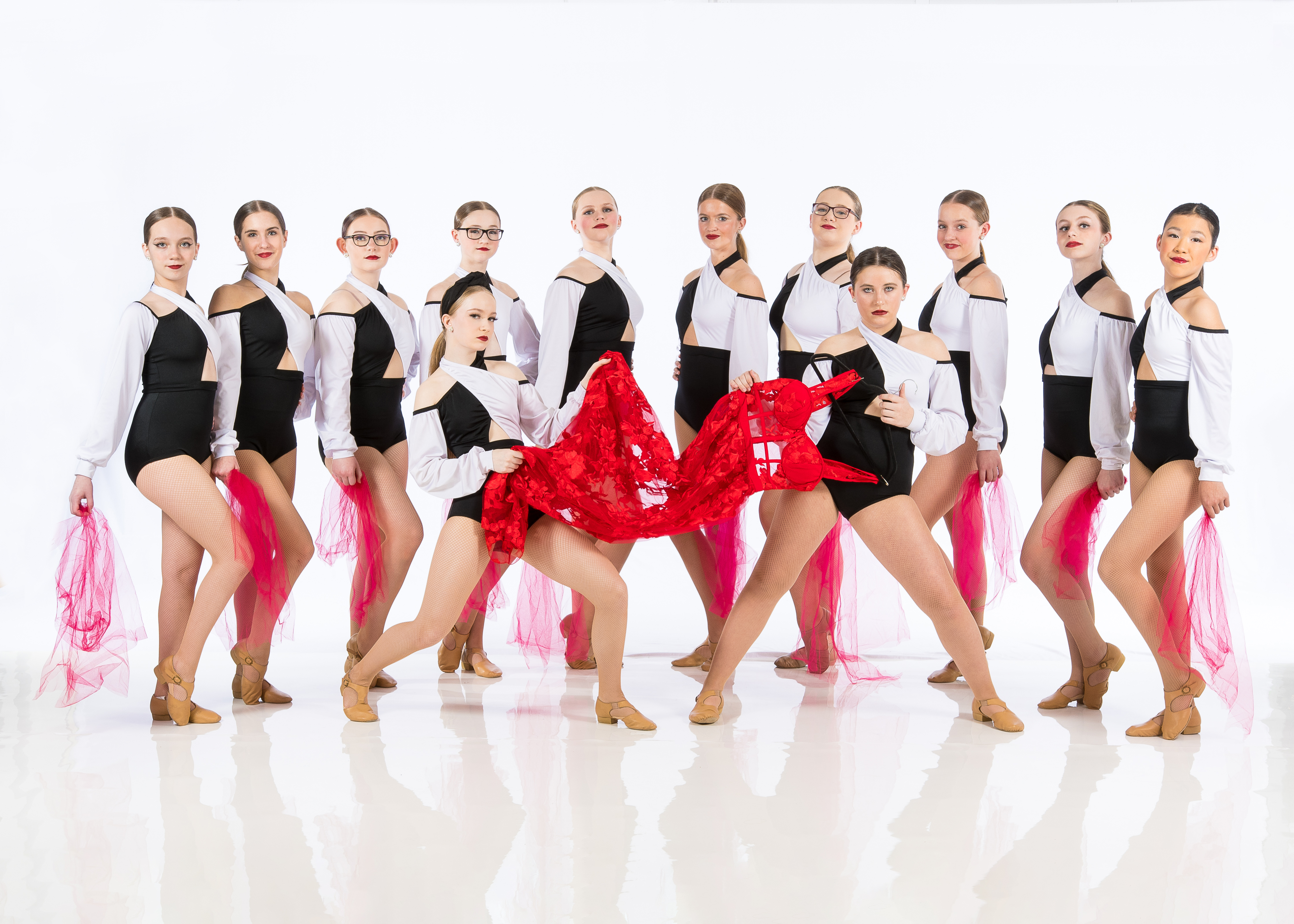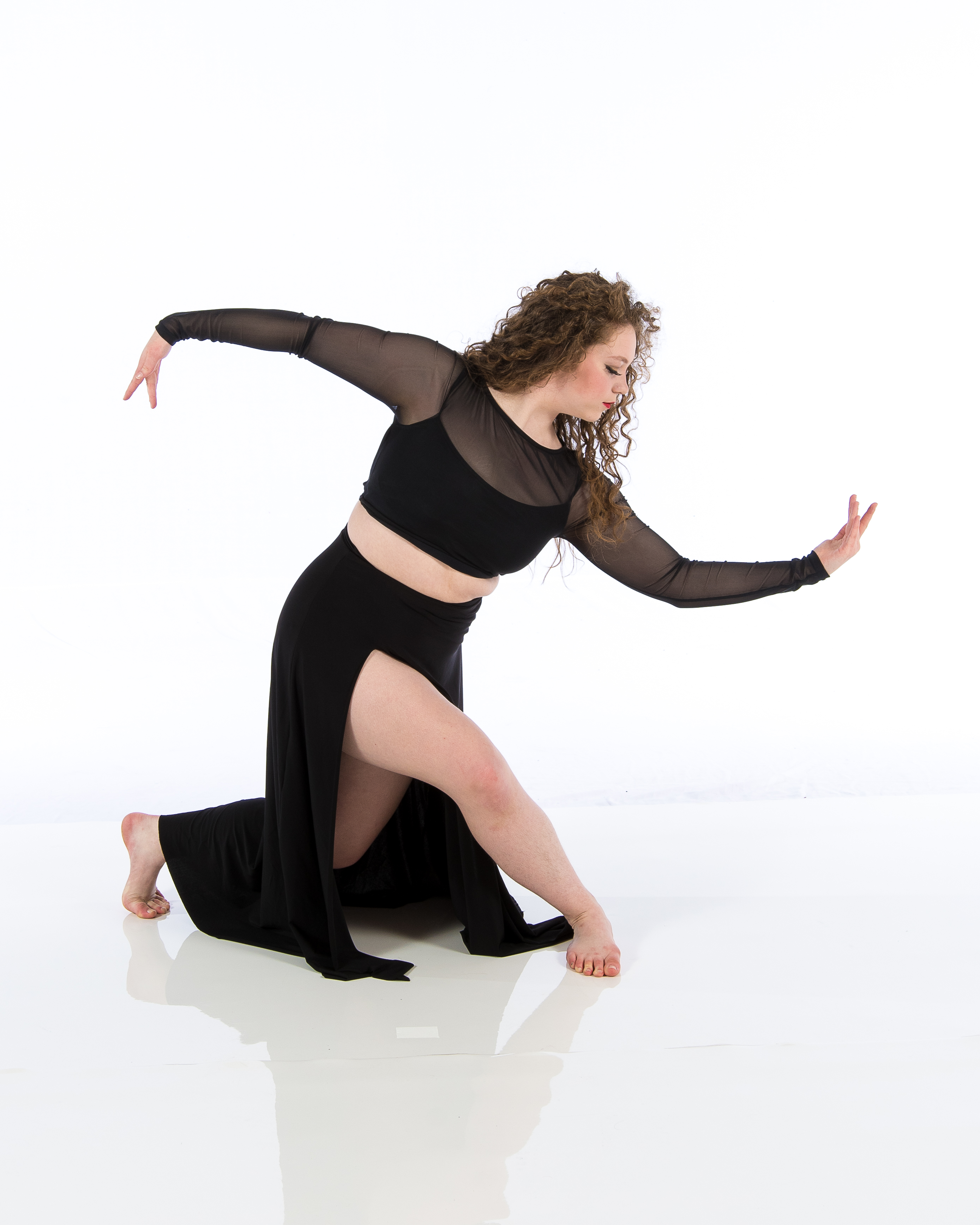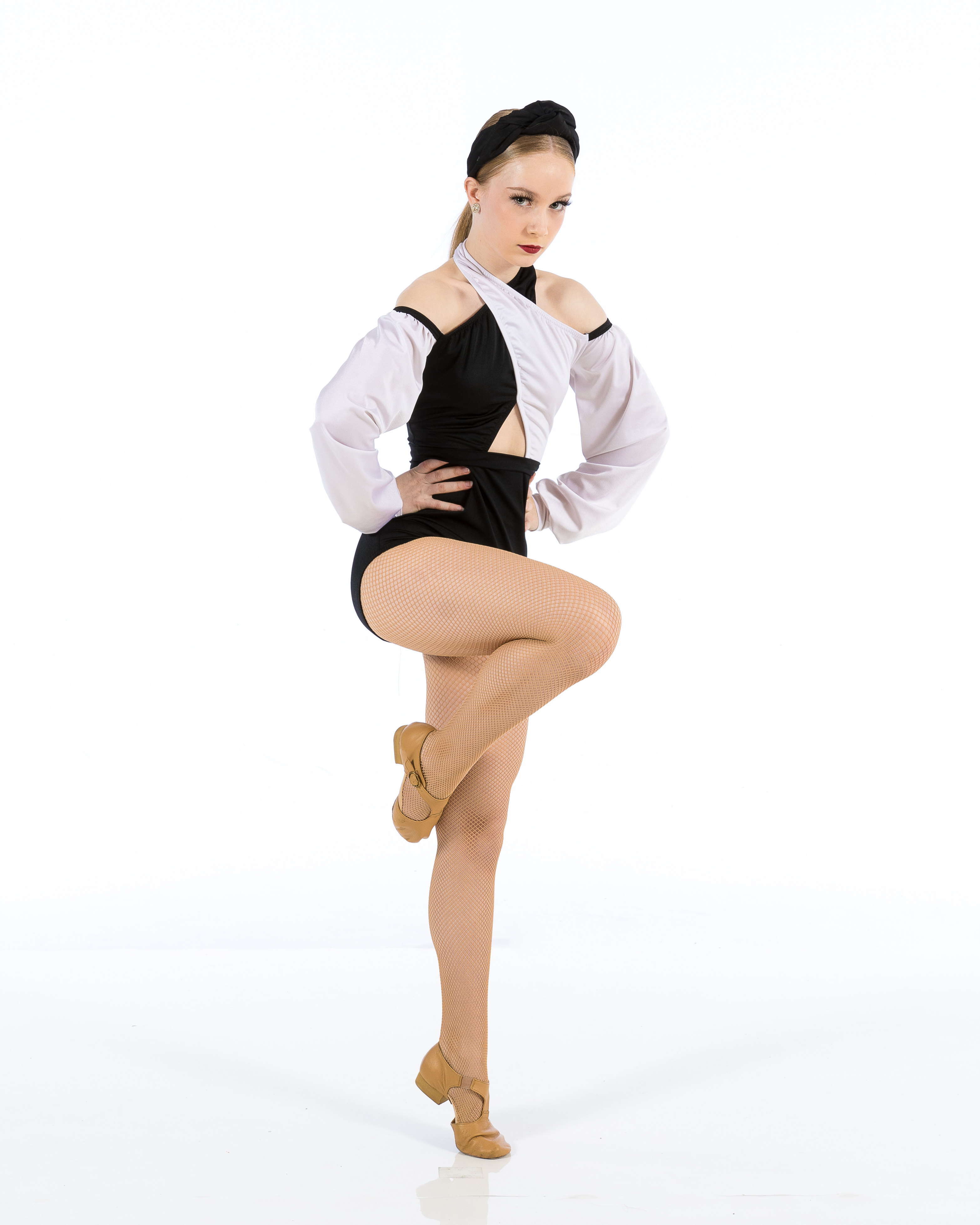Introduction
Stepping right into a dance studio for the first time is an exciting experience, one that can stir a cocktail of feelings-- exhilaration, uneasiness, expectancy. Whether you're a skilled dancer or simply starting your journey, understanding the nuances of dance studio decorum can elevate your experience and boost your relationships with trainers and fellow professional dancers alike. In this extensive overview, we'll dive deep into Mastering Dance Studio Etiquette: Important Tips for Beginners and Pros Alike
From basic guidelines to innovative considerations, this post will cover everything you require to learn about browsing the vivid world of dancing workshops. So tighten up those shoelaces and allow's get started!
The Significance of Dance Studio Etiquette
Why Etiquette Matters in Dancing Studios?
In any type of imaginative atmosphere, rules plays a pivotal role in maintaining consistency and regard among individuals. Dancing studios are no exception. Good etiquette cultivates a favorable atmosphere where creative thinking can flourish.

- Respect: Being mindful in the direction of trainers and fellow dancers builds common respect. Focus: Proper behavior lessens interruptions, permitting everyone to focus on learning. Community: Rules assists produce an encouraging area that encourages growth and camaraderie.
Common False impressions Regarding Dance Studio Etiquette
Many newbies hold mistaken beliefs concerning what comprises ideal habits in dance studios. Let's expose some myths:
- Myth 1: "Only sophisticated dancers require to adhere to etiquette." Fact: Etiquette is necessary for all levels; it mirrors professionalism. Myth 2: "Teachers are as well rigorous concerning guidelines." Fact: Instructors enforce rules to maintain order and respect.
Basic Dance Studio Etiquette for Beginners
Dress Code: What to Wear?
First impressions matter! The best clothing not just reflects your commitment yet also boosts your efficiency. Below's just how to dress appropriately:
- Comfort: Select clothes that enable complimentary movement. Footwear: Invest in good-quality shoes fit to your dancing style.
|Dancing Design|Suggested Attire|| -------------|-------------------------|| Ballet|Leotard, tights, ballet slippers|| Hip-Hop|Baggy clothes, sneakers|| Tap|Comfortable clothing, tap shoes|
Arriving promptly: Preparation is Key!
Being late can disrupt the entire class. Objective to come to least 10 minutes early to:
- Warm up. Settle in mentally.
Tip: If you're running late due to unexpected situations, inform the trainer beforehand.
Quiet Area: Keeping Silence Prior To Class
Dance workshops flourish on emphasis. Maintain conversations to a minimum before class begins to make certain everybody can prepare mentally.
Intermediate Dance Studio Decorum: Building Relationships
Respecting Personal Space in Class
Every professional dancer deserves their space during practice. Stay clear of crowding others while exercising actions or routines.
Why It Issues: Respecting personal area promotes convenience and promotes better knowing experiences.
Listening Actively During Instructions
When a teacher is talking, it's vital to take note. Energetic paying attention demonstrates regard and helps you comprehend essential concepts.
How To Show Energetic Listening:
Maintain eye call with the instructor. Nod when appropriate. Ask making clear inquiries if needed.Advanced Dance Studio Rules: Boosting Your Experience
Providing Useful Feedback Wisely
As you grow much more skilled, sharing comments enters into the culture. Nonetheless, approach this gently:
Focus on certain activities as opposed to general critique. Offer recommendations just if solicited by peers.Encouraging Others: Structure Neighborhood Spirit
Support your other professional dancers with inspiration:
- Compliment their efforts genuinely. Celebrate their success openly.
Mastering Dance Studio Decorum: Vital Tips for Beginners and Pros Alike-- The Teachers' Perspective
Understanding Teacher Expectations
Instructors normally have particular expectations concerning habits in class. Familiarizing yourself with these can significantly boost your knowing experience:
Listen attentively when they speak. Follow instructions precisely. Give your best effort throughout every session.Building Rapport with Your Instructor
Establishing a good connection with teachers can be helpful for your growth as a professional dancer:

- Ask concerns connected to choreography or method after class. Thank them for their advice post-class; recognition goes a lengthy way!
Handling Dispute Beautifully in the Dance Studio Environment
Dealing with Disagreements Amongst Peers
Conflicts may develop within any kind of team setting; understanding exactly how to manage them with dignity is vital:
Approach the individual privately without intensifying tension. Use "I" declarations as opposed to "you" statements (e.g., "I felt ignored when ...").
Addressing Problems with Teachers Professionally
If you have problems concerning direction or class characteristics:
Request a private meeting after course hours. Express your feelings constructively focusing on solutions instead of complaints.The Duty of Non-Verbal Interaction in Dancing Studios
Understanding Body Language Signals
Dance inherently entails non-verbal interaction; comprehending exactly how body language functions in this context is important:
Positive body movement (e.g., open pose) promotes connection. Negative signals (gone across arms) may convey defensiveness or disengagement.Using Eye Call Efficiently Throughout Classes
Maintaining eye call with trainers communicates listening while likewise assisting construct relationship amongst peers throughout group performances!
FAQs
Q1: What must I use for my initial dancing class?
A1: Go with comfortable garments that enables totally free movement-- yoga exercise trousers or tights paired with an equipped leading jobs well!
Q2: Is it fine to miss out on courses occasionally?
A2: Life happens! Educate your instructor beforehand preferably; they'll value your consideration.
Q3: Exactly how do I deal with sensation reluctant around various other dancers?
A3: Start tiny-- introduce yourself one-on-one before expanding interactions slowly as knowledge grows!
Q4: Can I bring pals along to observe classes?
A4: Many studios like prior arrangements; get in touch with management initially so they know extra attendees!
Q5: What if I differ with a trainer's feedback?
Dance Academy A5: Approach them respectfully post-class; express sensations using "I" statements concentrating on positive dialogue instead of confrontation!
Q6: Must I join efficiencies even if I'm new?
A6: Absolutely! Getting involved increases self-confidence-- speak up pertaining to any type of doubts so holiday accommodations can be made accordingly!
Conclusion
Mastering dance studio rules isn't practically adhering to policies; it has to do with cultivating an enriching environment where every person really feels valued and inspired-- whether you're simply starting or fine-tuning sophisticated methods as an experienced pro! By adhering very closely to these necessary suggestions laid out below under Mastering Dance Studio Rules: Necessary Tips for Beginners and Pros Alike, not just will you enhance your very own experience yet also add favorably towards supporting a welcoming neighborhood within each dance studio you elegance with your visibility! So take these insights ahead into every workshop area you get in-- and let the rhythm lug you toward excellence!
